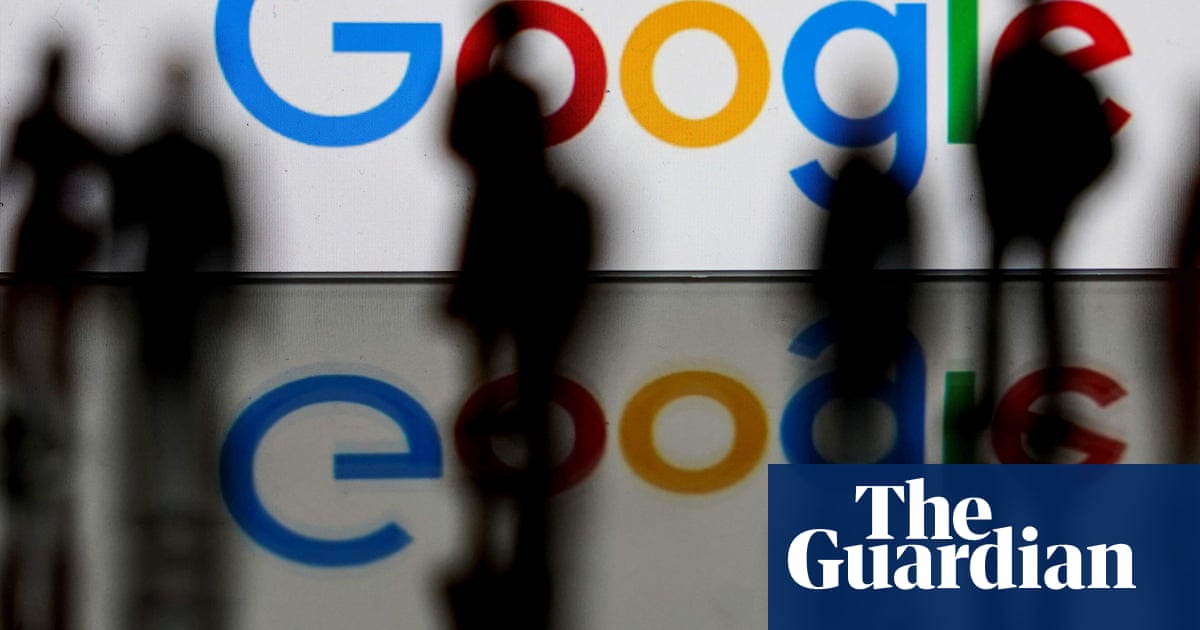The article outlines a significant legal settlement between Google and the state of Texas regarding data privacy violations. This settlement highlights ongoing concerns regarding the accountability of major tech companies in handling user data and privacy issues. The substantial financial figure agreed upon indicates the seriousness of the allegations against Google and reflects a growing trend of regulatory scrutiny on tech giants.
Settlement Details and Implications
Google's agreement to pay $1.375 billion serves to resolve two lawsuits that accused the company of infringing upon Texas consumer protection laws. The Texas Attorney General, Ken Paxton, emphasized the importance of holding large tech companies accountable, suggesting that their operations should be subject to the same legal standards as any other entity. The specific details of how the settlement funds will be utilized were not disclosed, leaving open questions about transparency and accountability in the resolution process.
Perception Management
The language used by both Paxton and Google suggests an attempt to frame the narrative around accountability and corporate responsibility. Paxton's statement underscores the notion that "Big Tech is not above the law," while Google emphasizes that the settlement pertains to claims that have been previously resolved. This duality indicates a strategic effort to manage public perception—reinforcing consumer trust in regulatory actions while also attempting to mitigate damage to Google’s reputation.
Potential Concealment
While the article itself does not indicate any direct attempts to conceal information, the lack of detail regarding the settlement's implementation raises concerns. The absence of specific measures or changes to Google's data handling practices could imply that the company is not being fully transparent about its future compliance with privacy standards.
Manipulative Elements
The article presents a somewhat manipulative narrative by selectively emphasizing statements from the Texas Attorney General while downplaying Google's perspective. Paxton's assertions about Google's alleged actions may evoke a sense of urgency around data privacy, which could serve to further his political agenda. However, Google's statement aims to reassure the public that the issues at hand have been addressed and that they are committed to improving privacy controls.
Comparative Context
This case is part of a larger trend of legal actions against tech companies regarding data privacy. For instance, Meta Platforms previously settled a similar case for $1.4 billion, indicating that regulatory bodies are increasingly active in pursuing such claims. The comparison highlights a pattern of accountability that may influence public sentiment towards tech companies and their data practices.
Economic and Political Ramifications
Following this settlement, potential outcomes may include increased scrutiny on other tech giants regarding their data policies. This could lead to stricter regulations and a shift in how tech companies operate, affecting their stock prices and overall market strategies. The public's growing awareness of privacy issues may also spur political discourse around technology regulation.
Target Audience
The article likely resonates with privacy advocates, consumers concerned about data security, and individuals interested in corporate accountability. These groups may see the settlement as a victory for consumer rights, while also pushing for further reforms in tech industry practices.
Market Impact
The implications of this settlement may extend to the stock market, particularly for companies like Google and Meta that have faced similar legal challenges. Investors may react to the settlement as a sign of increased regulatory risk, potentially affecting stock performance and investment strategies in the tech sector.
Geopolitical Considerations
While the article primarily addresses a domestic legal issue, it reflects broader global conversations about data privacy and corporate governance. As tech companies operate on an international scale, the outcomes of such settlements may influence global standards and practices in data management.
Artificial Intelligence Involvement
The article is unlikely to have been generated by AI, as it presents a structured narrative that aligns with journalistic standards. However, if AI tools were employed in drafting, they could have contributed to the clarity and conciseness of the information presented. The focus on specific legal terms and formal language suggests a human touch in crafting the message.
In conclusion, the reliability of the information presented in the article is bolstered by the authoritative source—Texas Attorney General Ken Paxton—and the context of ongoing legal scrutiny in the tech industry. However, the selective presentation of facts and the lack of detailed outcomes regarding the settlement should be approached critically, as they may reflect underlying agendas.
